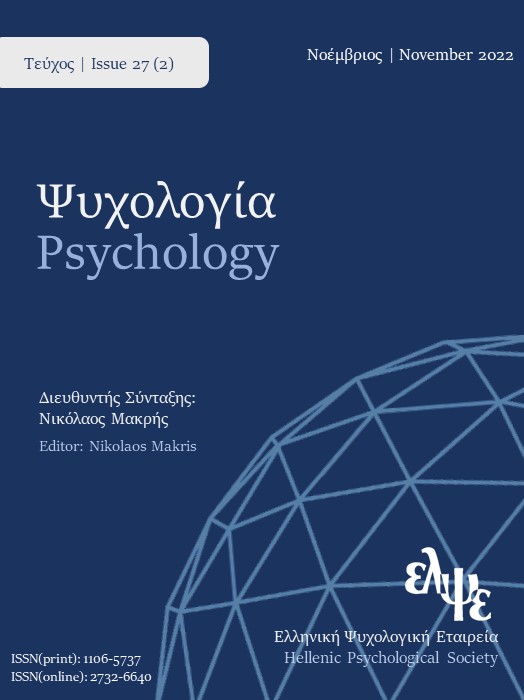Parental involvement in children’s homework: a literature review

Abstract
Parental involvement in children’s homework takes a variety of forms with distinct qualitative characteristics. The present review paper discusses the role of quality of parental homework involvement, the predictors of specific involvement forms adopted by parents and their learning outcomes for children. According to relevant literature, parent motivational beliefs, efficacy beliefs, beliefs about children’s efficacy, and parent affect predict different forms of involvement which, in turn, are associated with different motivational, emotional, and learning outcomes. Specifically, autonomy granting and support in tackling homework challenges, opposite to controlling involvement practices, contributes to the development of children’s motivational beliefs towards learning, high academic competence beliefs, and positive emotions. The present review emphasizes the complexity of the relationships among the plethora of parent and children variables in the field of homework, identifies future research directions and provides recommendations for practice targeting the promotion of children’s learning and school achievement.
Article Details
- How to Cite
-
Falanga, K., & Gonida E. Ν. (2022). Parental involvement in children’s homework: a literature review. Psychology: The Journal of the Hellenic Psychological Society, 27(2), 99–122. https://doi.org/10.12681/psy_hps.31876
- Section
- SPECIAL SECTION

This work is licensed under a Creative Commons Attribution-ShareAlike 4.0 International License.
The journal PSYCHOLOGY adopts a Platinum open-access policy. Submission, processing or publication costs are waived by the Hellenic Psychological Society. Papers published in the journal PSYCHOLOGY are licensed under a 'Creative Commons Attribution-ShareAlike 4.0 International' licence. The authors reserve the copyright of their work and grant the journal the right of its first publication. Third-party licensees are allowed to use the published paper immediately after publication as they wish, provided they retain the defined by the license copyright formalities, regarding the reference to its author(s) and its initial publication in the journal PSYCHOLOGY. Moreover, any adjusted work should be shared under the same reuse rights, so with the same CC license.


